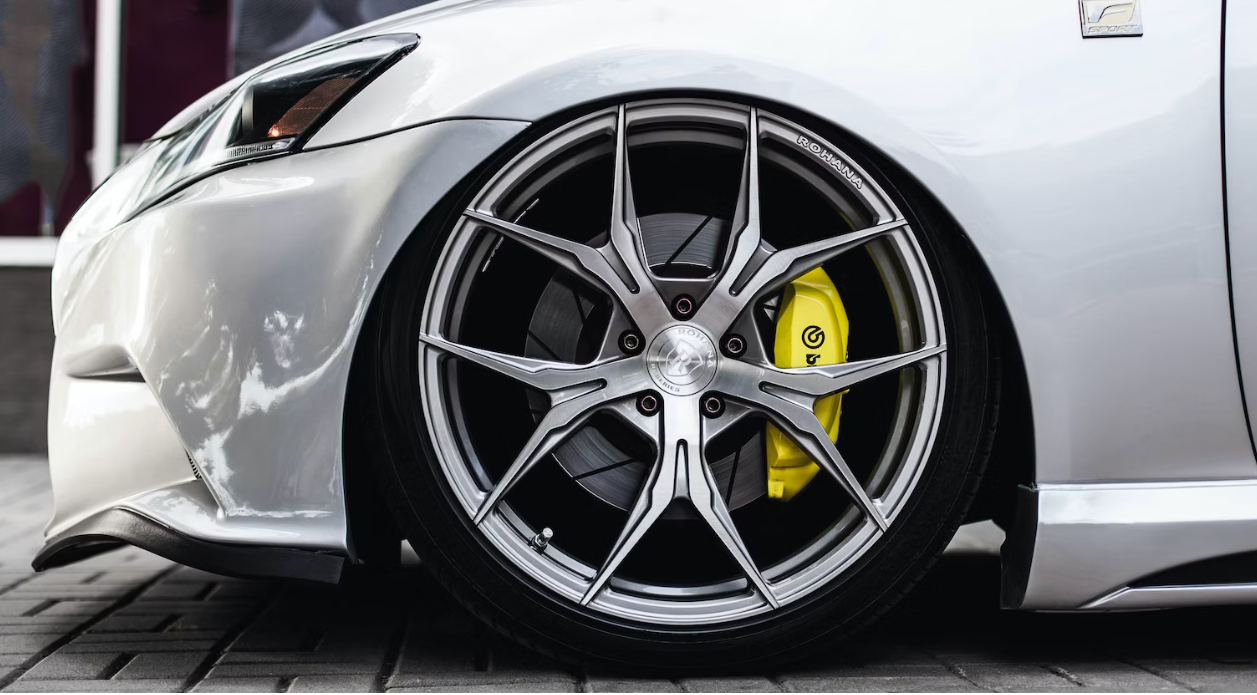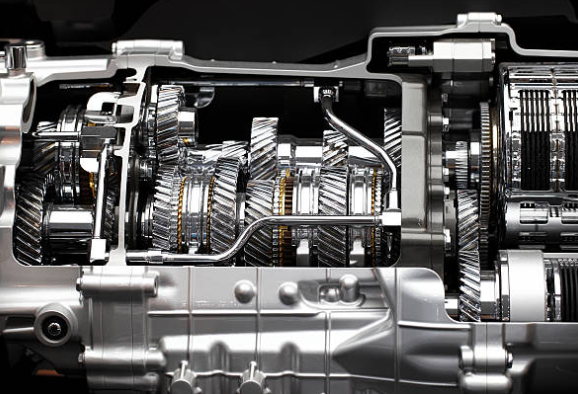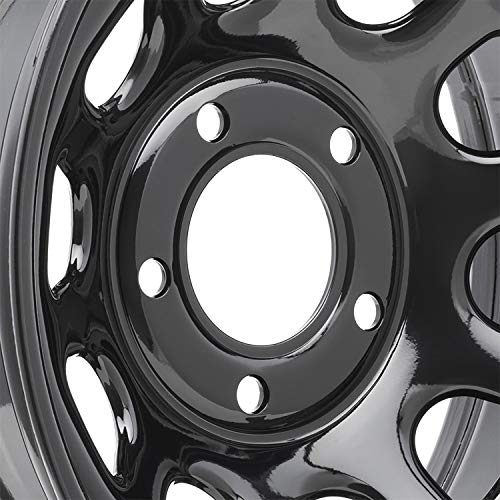Unlocking the Advantages & Disadvantages of Hybrid Cars
Hybrid vehicles have gained in favor recently as a practical means of reducing emissions and fuel use. When evaluating if hybrid automobiles are ideal for you, you need carefully evaluate the compromises that come along with these possible advantages. The benefits and drawbacks of hybrid cars as they relate to cost savings, performance, safety, environmental effect, and other crucial considerations will be covered in this blog article. We'll go through the various hybrids' working principles and explain why some could be more suited to your lifestyle than others. Let's examine the benefits and drawbacks of hybrid cars without further ado.

How Does Hybrid Car Work?
A hybrid car is one that moves by using both an internal combustion engine and an electric motor. Fueled usually by gasoline, internal combustion engines produce power through the burning process. The rechargeable battery pack provides power to the electric motor in the interim. This motor can assist the engine in propelling the car, operate independently at lower speeds, or during idling. Hybrid cars employ regenerative braking, converting kinetic energy into electrical energy to charge the batteries. Through intelligent power management, hybrids optimize the use of the combustion engine and electric motor based on driving conditions. Some hybrids can be plugged in for electric-only driving (PHEVs), while others primarily operate as hybrids (HEVs). Ultimately, hybrid cars strive to achieve a balance between performance, fuel efficiency, and emissions reduction, providing a seamless driving experience that combines the advantages of both power sources.

Environmental Friendliness:
The lower environmental impact of hybrid vehicles is one of their main benefits. Hybrid vehicles produce less greenhouse emissions and pollutants by using both fuel and electricity, which leads to cleaner air and a smaller carbon footprint. When accelerating and traveling at low speeds, the electric motor helps the engine, reducing fuel use and exhaust emissions.
Increased Fuel Efficiency:
Because of their great fuel economy, hybrid cars are well known. In comparison to conventional cars, hybrid vehicles are able to obtain much greater miles per gallon (MPG) because to the combination of an electric motor and an internal combustion engine. Over time, this results in decreased gasoline expenditures, saving you money at the pump.
Regenerative Braking:
Regenerative braking, a characteristic that transforms kinetic energy into electricity when slowing down or braking, is a technique used by hybrid cars. The electric motor may then be powered using this energy that was then stored in the battery. This procedure extends the life of the brake system's components while also improving fuel economy.
Reduced Dependence on Fossil Fuels:
Hybrids promote reduced reliance on fossil fuels by utilizing electricity as an alternative power source. This is especially beneficial in urban areas where short commutes and frequent stops allow the electric motor to operate efficiently, reducing the overall consumption of gasoline.
Higher Initial Cost:
In comparison to conventional vehicles, hybrid cars often have greater upfront costs. The electric motor and battery system, among other cutting-edge technologies, are a factor in the higher price. The price difference between hybrid and conventional vehicles has been steadily closing as technology has advanced, it is important to note.
Limited Electric-Only Range:
While hybrid cars offer improved fuel efficiency, they still rely on gasoline for longer trips or high-speed driving. The electric-only range of most hybrid vehicles is relatively limited, typically around 20-50 miles, depending on the model. Consequently, for longer journeys, the gasoline engine will need to be engaged, reducing the overall environmental benefits.
Battery Longevity and Replacement Costs:
An important part of the hybrid that might ultimately deteriorate is the battery pack. Although contemporary hybrid batteries are made to be strong and long-lasting, their lifespan might change based on elements like driving style and weather. When calculating the overall cost of ownership, battery replacement expenses should be taken into consideration since they might be substantial.
Limited Model Availability:
Although the market for hybrid vehicles has expanded, the selection of models and makes may still be limited compared to conventional cars. This limited availability may restrict your choices in terms of design, size, and features, potentially making it challenging to find a hybrid car that suits your preferences.

There are many different hybrid cars kind, each with unique features. The most popular type of hybrid, the full hybrid, offers increased fuel economy and lower emissions since it may run on an internal combustion engine, an electric motor, or a mix of both. Mild hybrids have a smaller electric motor, assisting the engine during acceleration but unable to power the vehicle alone. Plug-in hybrids (PHEVs) have larger battery packs, allowing for extended electric driving ranges and can be charged externally. Range-extended electric vehicles (REEVs) use a smaller engine as a generator to charge the battery. Last but not least, plug-in diesel hybrids pair an electric motor with a diesel engine. Fuel economy, driving range, charging infrastructure, price, and environmental effect are all things to think about when buying a hybrid vehicle. Test driving different models can help find the hybrid car that best fits one's needs and preferences.
-
Can I drive a hybrid car long distances?
Yes, hybrid cars can be driven long distances just like conventional cars. The gasoline engine provides the necessary power for longer trips, while the electric motor assists during certain driving conditions to improve fuel efficiency.
-
Are hybrid cars more expensive than conventional cars?
Compared to standard gasoline-powered vehicles, hybrid automobiles often have a greater upfront cost. Through increased fuel economy and potential tax breaks or refunds, they may, nevertheless, result in long-term cost savings.
See more review here: Top 10 Jeep Grab Handles For An Enhanced Off-Roading Experience






.png)





